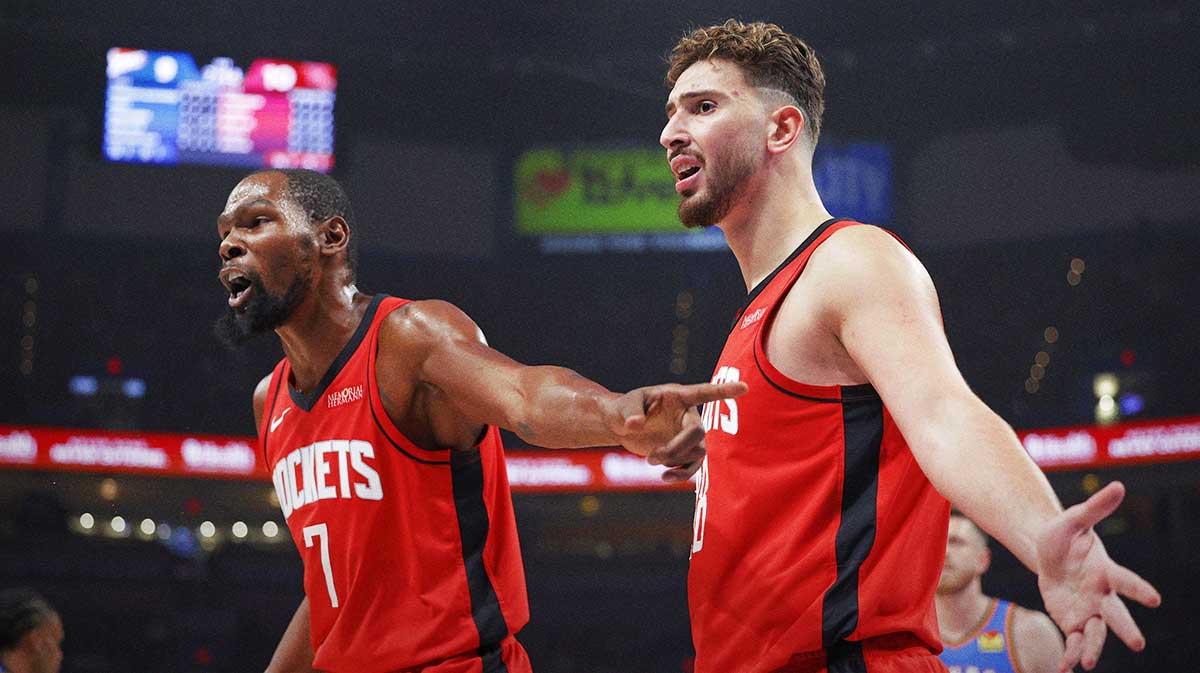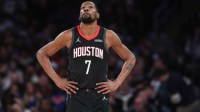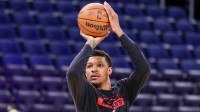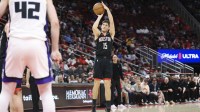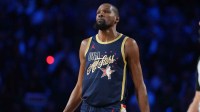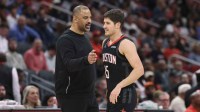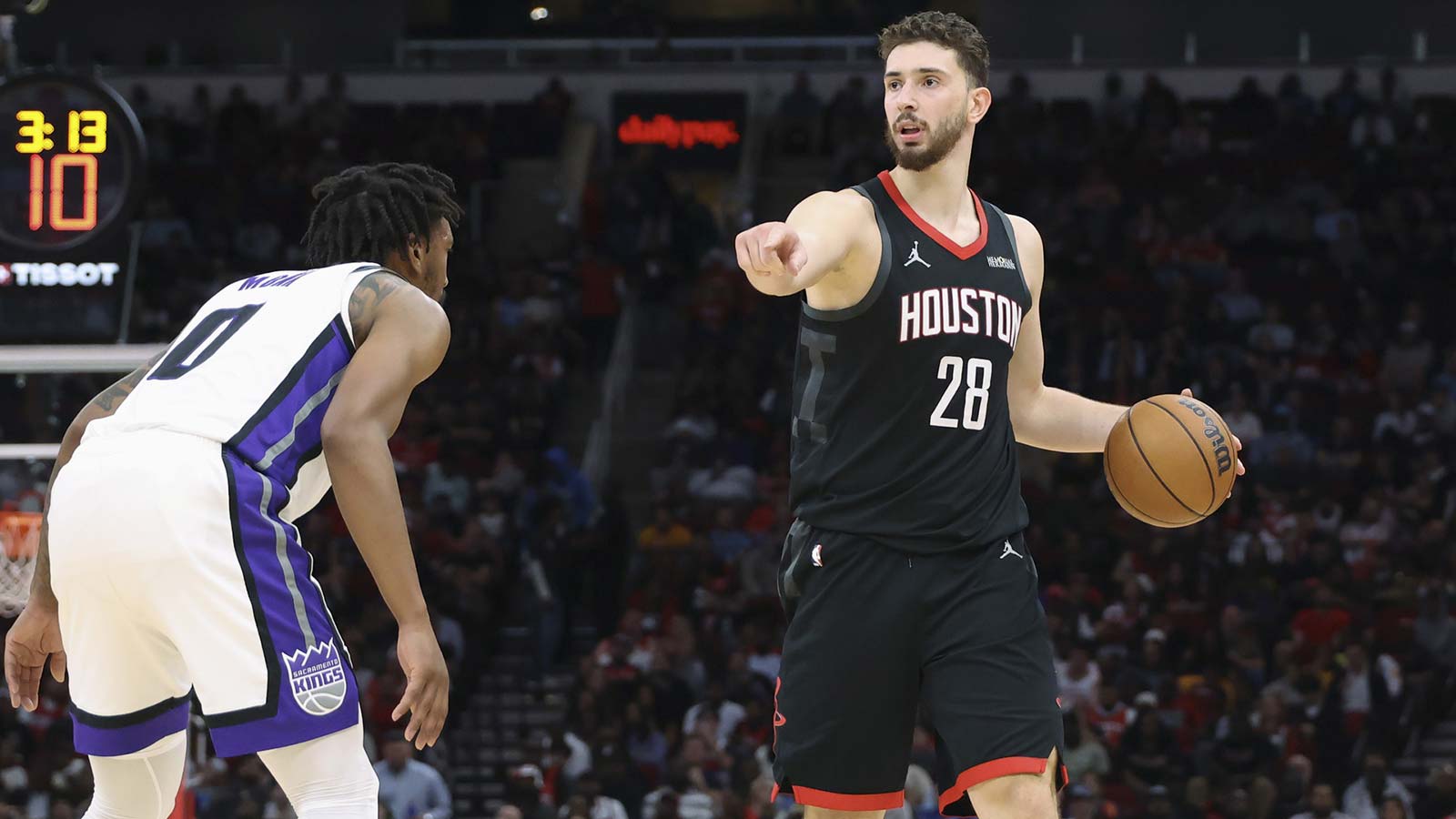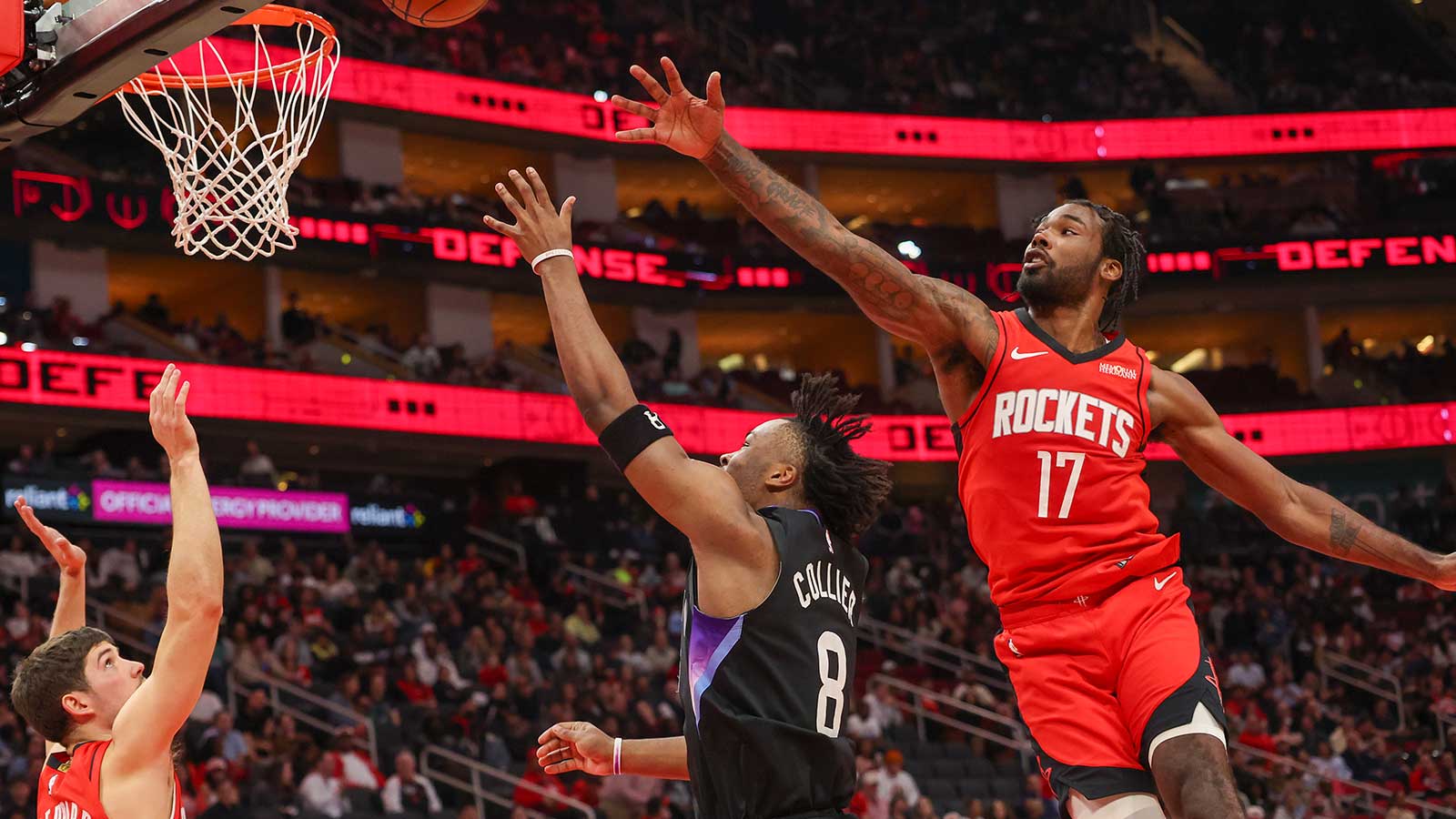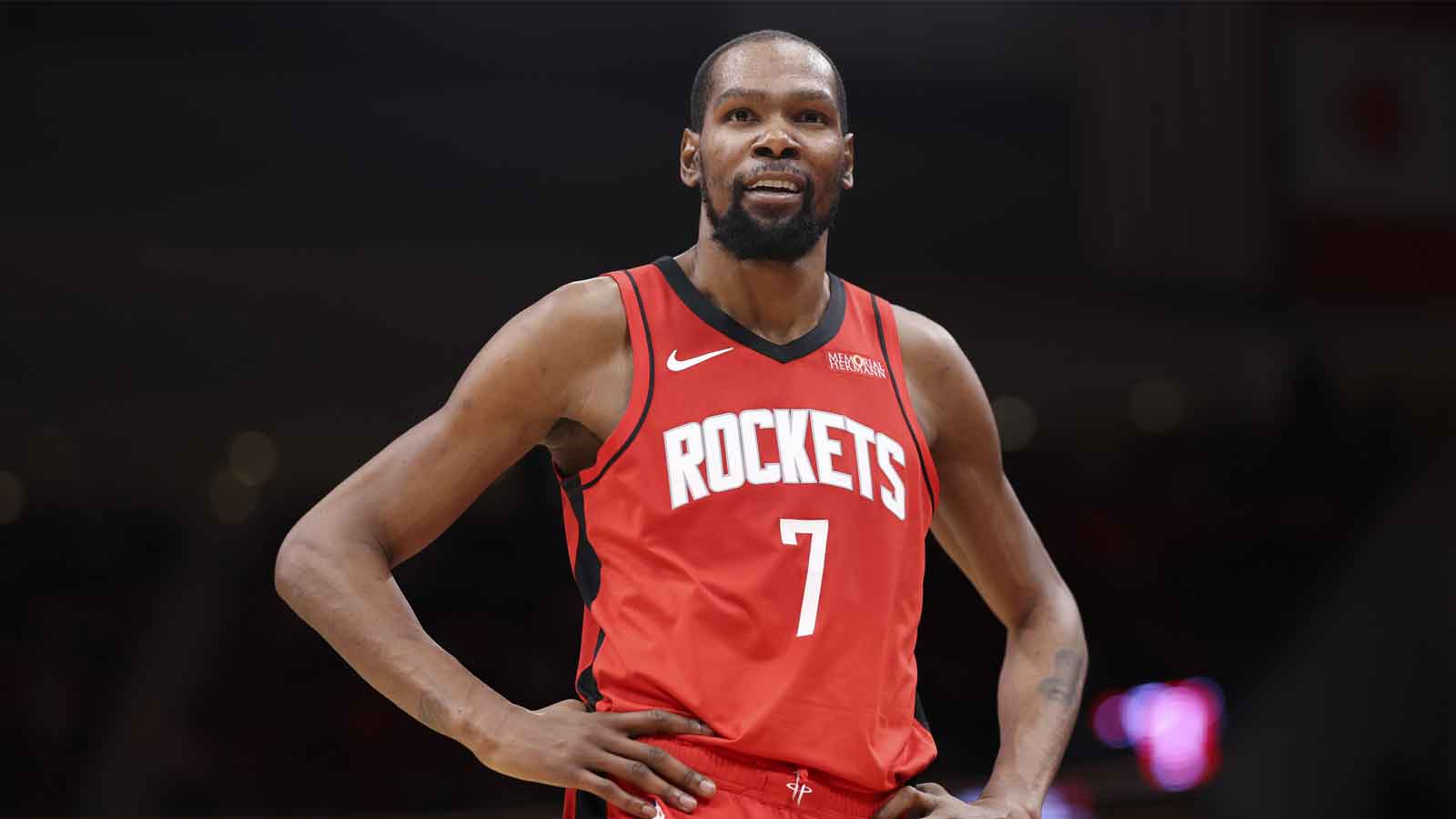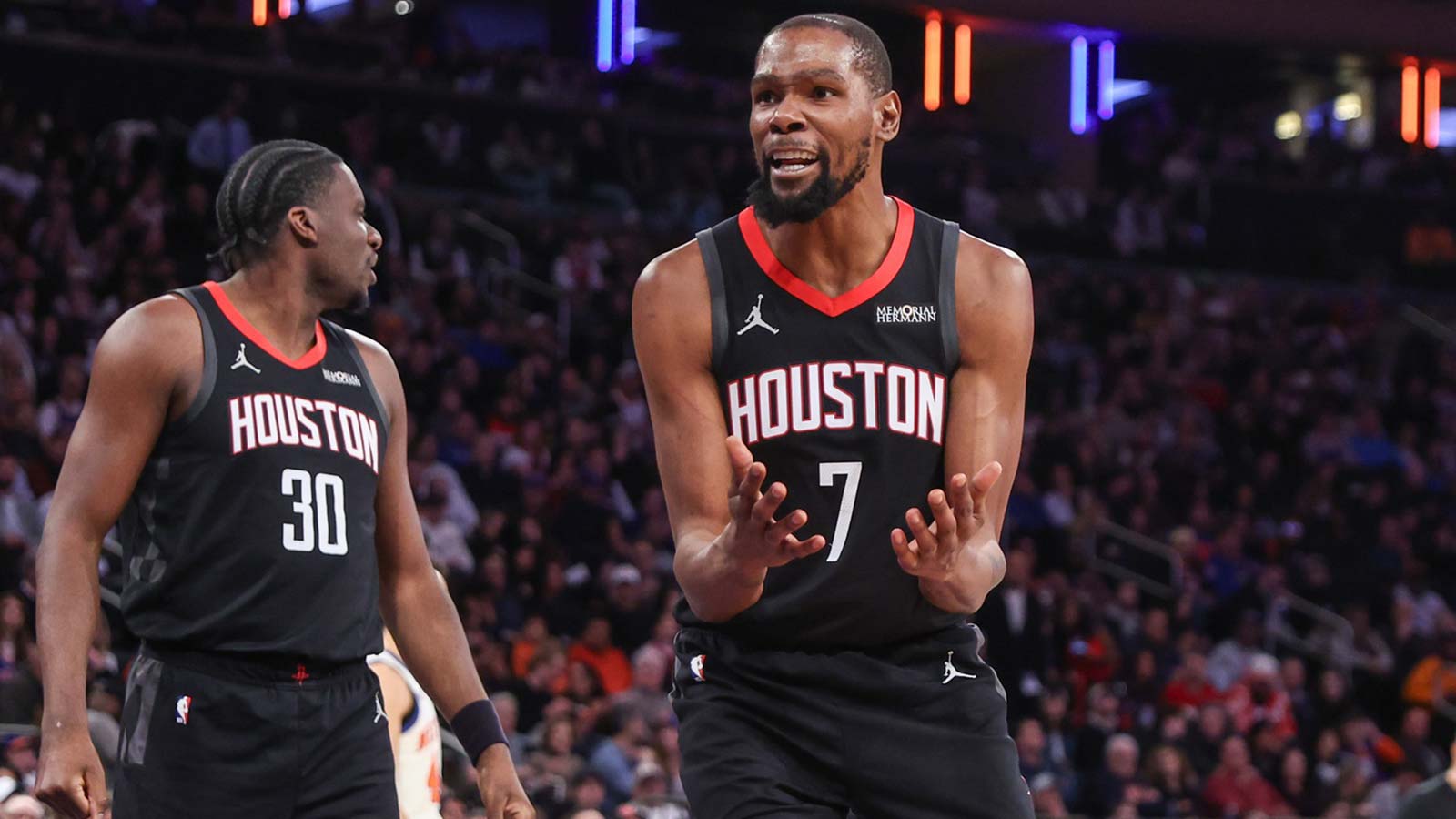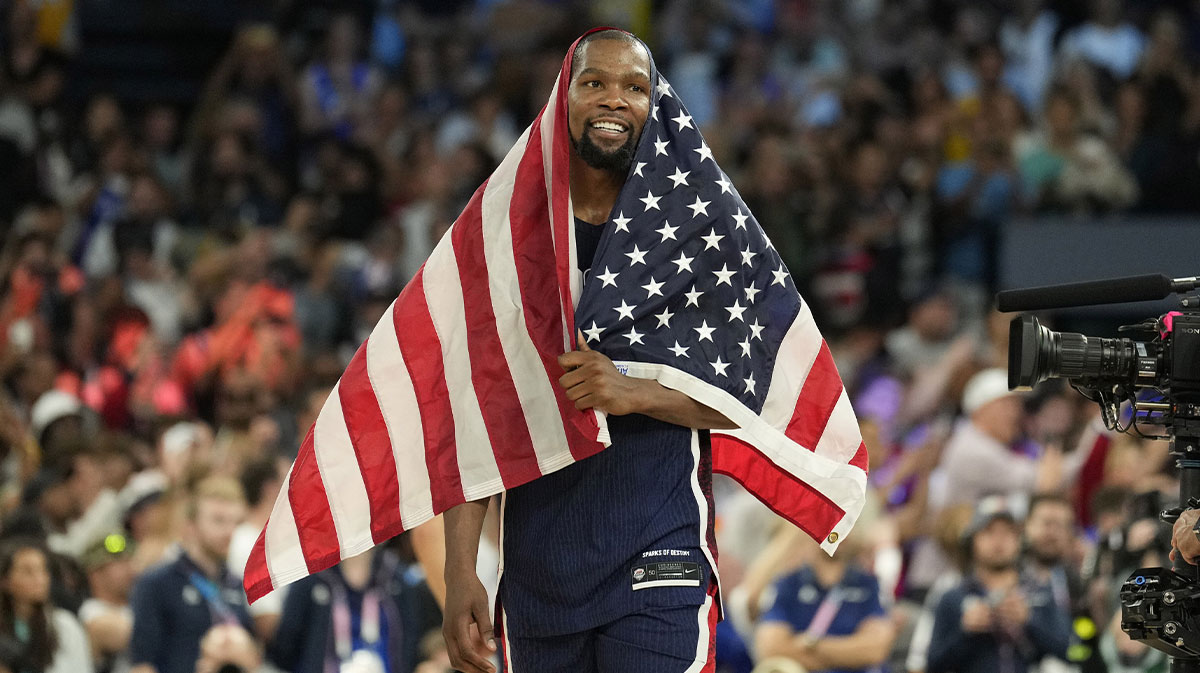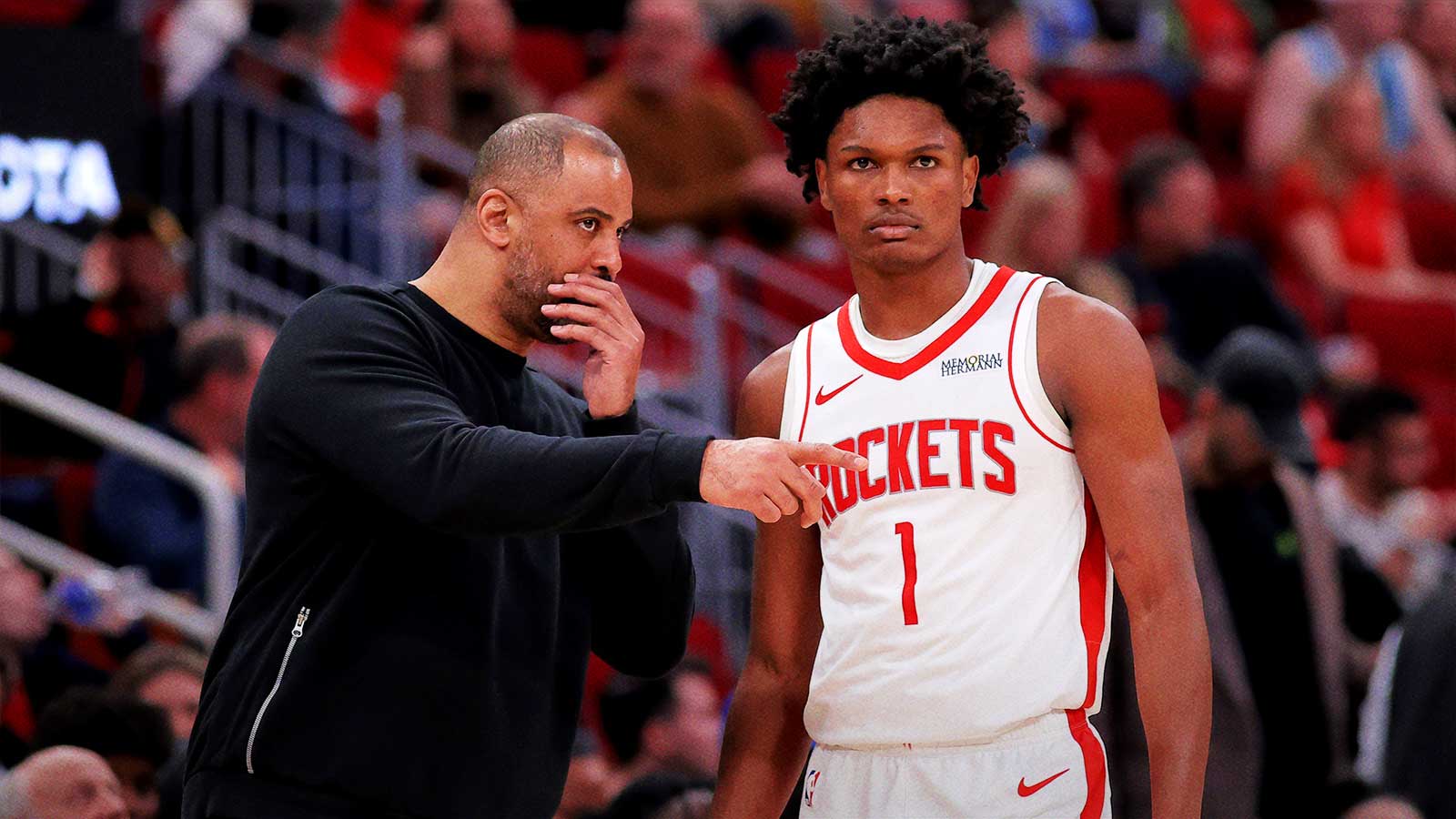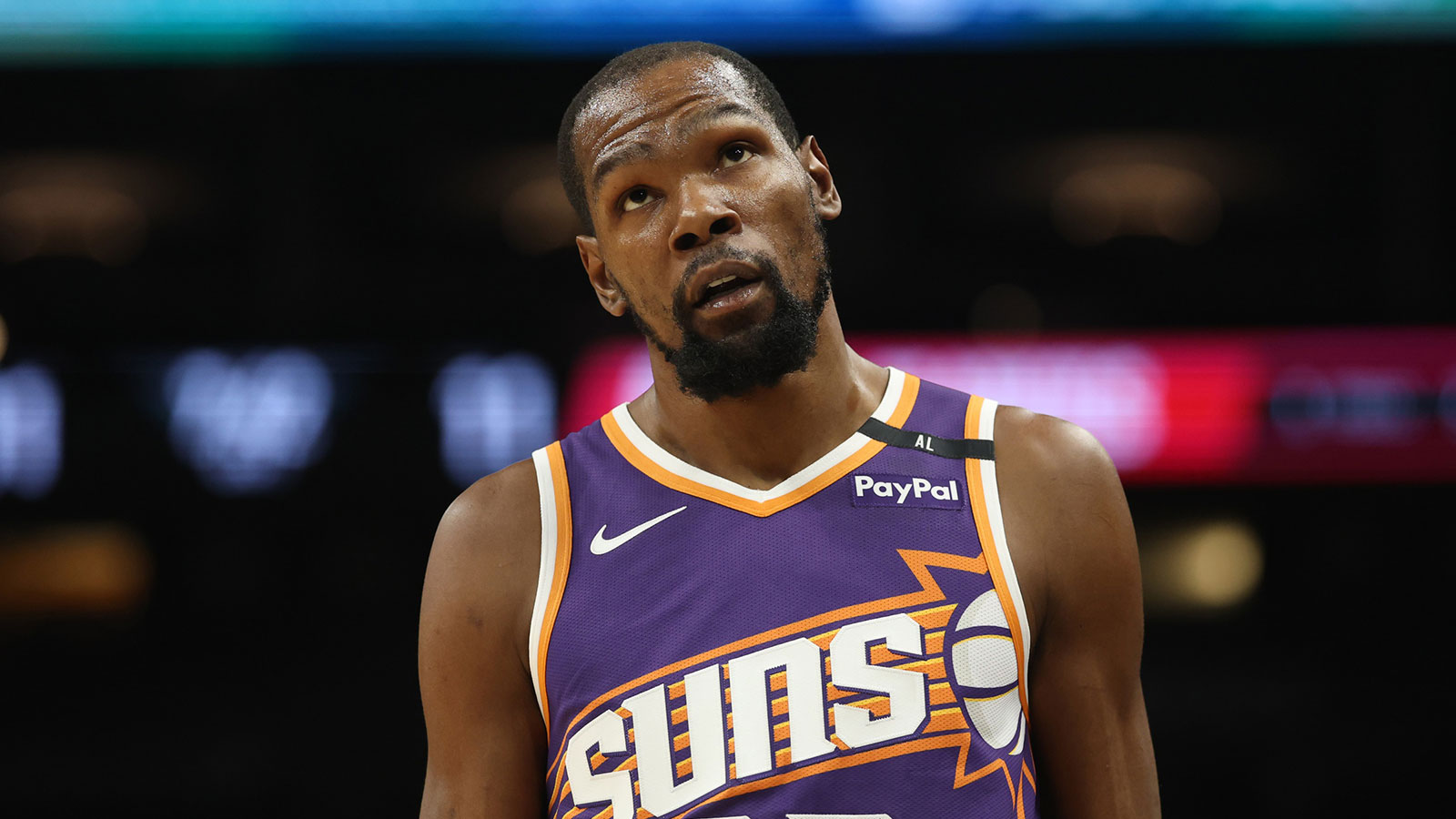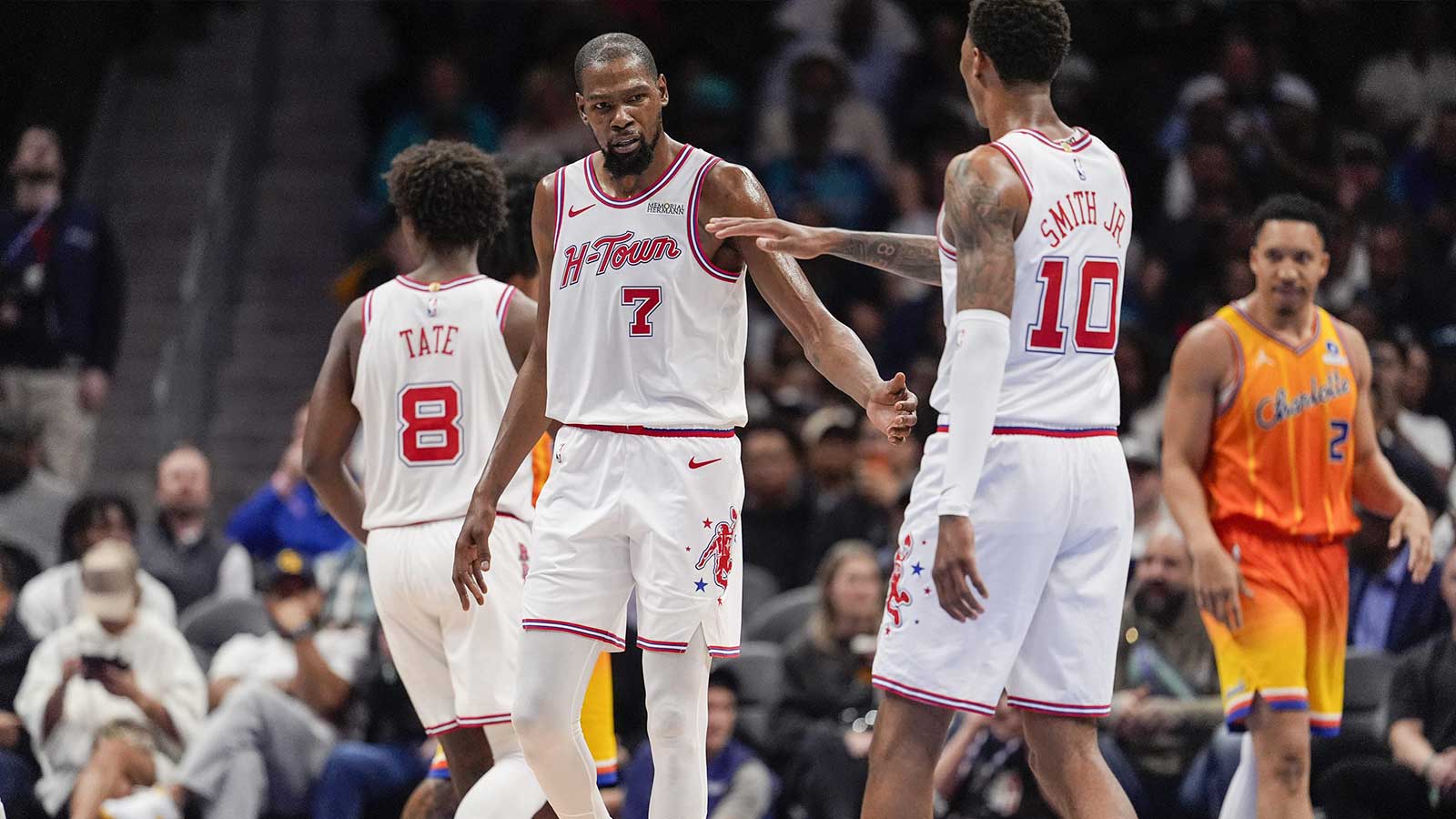The Houston Rockets took a big gamble with their opening game starting lineup. Ime Udoka ran out a starting unit featuring four 6-foot-11 players and a 6-foot-7 point guard. Steven Adams and Alperen Sengun have both spent most of their careers at the five, and even Jabari Smith Jr. has typically been looked at as a power forward/center. The Seattle Supersonics briefly experimented with using Kevin Durant as a shooting guard, but that was nearly a decade ago. And even though Amen Thompson was billed as a jumbo point guard coming out of the draft, he found most of his rookie year success playing the shooting guard and small forward positions.
The Rockets' lineup is certainly unique, and a lot of fans were intrigued by it. It resulted in the team nearly toppling the defending champion Oklahoma City Thunder in the first game of the season. The Rockets took the Thunder, who are coming off one of the best seasons in NBA history, to two overtime periods. They had plenty of chances to put the game away, too. Despite the loss, it is safe to say that going big worked against the Thunder, and it will likely have its moments throughout the season. The jumbo lineup can't be counted on as an 82-game strategy, though.
The Rockets' newest philosophy will have its moments
The aspects that make the Rockets' jumbo lineup intriguing were on display in the season opener. Houston's calling card is defense, and that is only enhanced with size. The Fred VanVleet season-ending injury was devastating, but the team got a defensive upgrade by sliding Thompson down to the point guard position. Thompson is one of the best athletes in the NBA, and he can overwhelm smaller guards. Thompson, Durant, Smith, Tari Eason, and eventually Dorian Finney-Smith will rack up the steals all season long because of their length.
In an era where offenses are so pick-and-roll or isolation-heavy, the jumbo lineup allows for a lot of unique offensive looks that defenses are unfamiliar playing against, too. The team sets screens left and right, both on and off the ball. They often run horns sets, which allows Sengun to thrive from the high post that he is so good at operating from. Sengun's passing ability as a big man is also amplified when he has big cutting targets to throw passes to.
Why the Rockets' jumbo lineup won't work long term
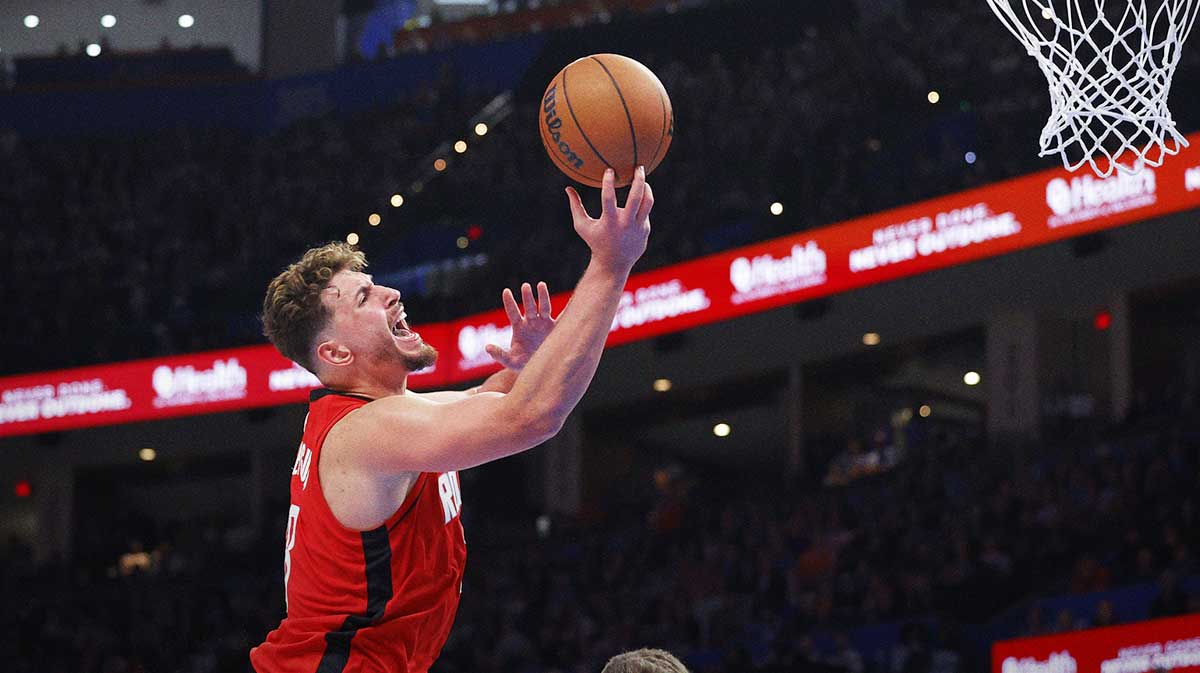
While the jumbo lineup will have its moments, it won't work all season long. For starters, Adams isn't an 82-game player. The veteran center often deals with injury issues throughout the season, and his offensive limitations tend to lead him to the bench at various points in the season.
Furthermore, spacing may become an issue at some point sooner rather than later. Although Sengun impressed with a never-before-seen stat line in which he connected on five 3-point attempts, the Turkish star isn't likely to keep up that volume or efficiency. Long ball shooting was one of Houston's weaknesses last year, and while Durant was brought in to fix it, the Rockets lost a lot of their 3-point presence when VanVleet tore his ACL. Both Sengun and Thompson thrive when they can get downhill and either finish at the rim or kick the ball out to players on the perimeter, but attacking the paint isn't easy when it is clogged with too many players.
At some point, it may make sense to take Adams out of the starting lineup. Even Smith can work as a backup if the Rockets insist that Sengun is a power forward who is best alongside Adams. Reed Sheppard did have a sizable role in the opener. He had some costly mistakes, but he brings a lot to the table that will be beneficial to the Rockets going forward this year. The team will have to open up minutes for Finney-Smith when he returns from ankle rehab, too. The Rockets' jumbo lineup will have its moments this year, but don't expect it to be the sole reason Houston finds success this season.

